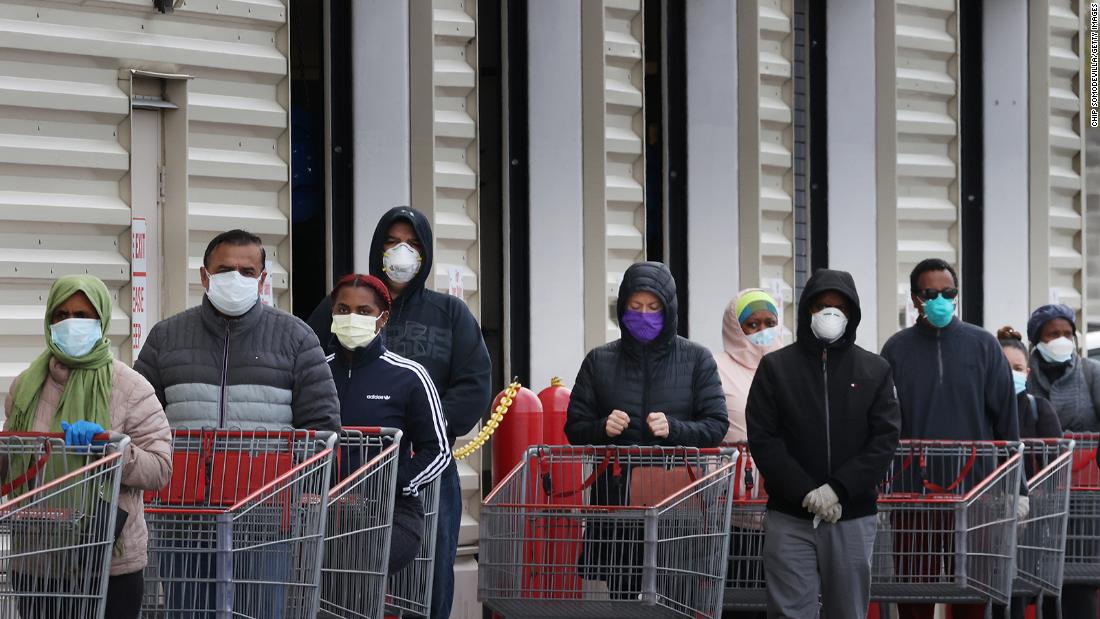AlbertC
Superstar
Shady dealings happening in the US:
The Trump administration paid a bankrupt company with zero employees $55 million for N95 masks, which it's never manufactured
Apr 16, 2020, 12:43 PM
The coronavirus pandemic has created a desperate clamber for vital medical supplies, like N95 masks, that has led the federal government to award massive contracts to third-party vendors to help fill the gaps.
In this chaotic effort to obtain supplies, the Trump administration awarded a $55 million contract to Panthera Worldwide LLC, a company with no expertise in the world of medical equipment, for N95 masks, The Washington Post reported on Wednesday.
Panthera's parent company filed for bankruptcy protection last fall, and one of its owners last year said it'd had no employees since May 2018, The Post reported, citing sworn testimony. It's no longer listed as an LLC in Virginia, where its main office is, after fees went unpaid, the newspaper said.
Panthera, which describes itself as a tactical training company for the US military and other government agencies, has no record of producing medical supplies or equipment, The Post said.

The Trump administration paid a bankrupt company with zero employees $55 million for N95 masks, which it's never manufactured
Apr 16, 2020, 12:43 PM
The coronavirus pandemic has created a desperate clamber for vital medical supplies, like N95 masks, that has led the federal government to award massive contracts to third-party vendors to help fill the gaps.
In this chaotic effort to obtain supplies, the Trump administration awarded a $55 million contract to Panthera Worldwide LLC, a company with no expertise in the world of medical equipment, for N95 masks, The Washington Post reported on Wednesday.
Panthera's parent company filed for bankruptcy protection last fall, and one of its owners last year said it'd had no employees since May 2018, The Post reported, citing sworn testimony. It's no longer listed as an LLC in Virginia, where its main office is, after fees went unpaid, the newspaper said.
Panthera, which describes itself as a tactical training company for the US military and other government agencies, has no record of producing medical supplies or equipment, The Post said.
FEMA cancels controversial $55 million contract to company for N95 masks
FEMA told Insider it "does not enter into contracts unless it has reason to believe they will be successfully executed."
www.businessinsider.com








